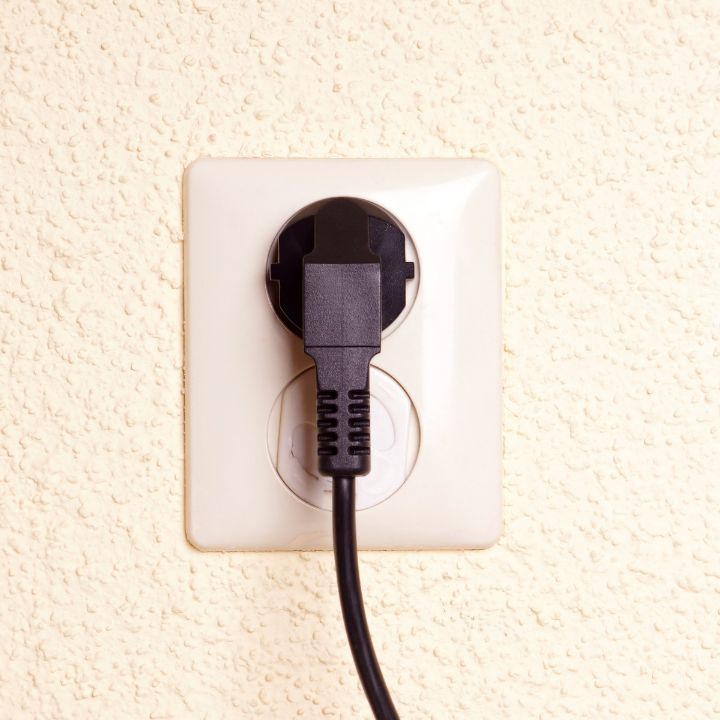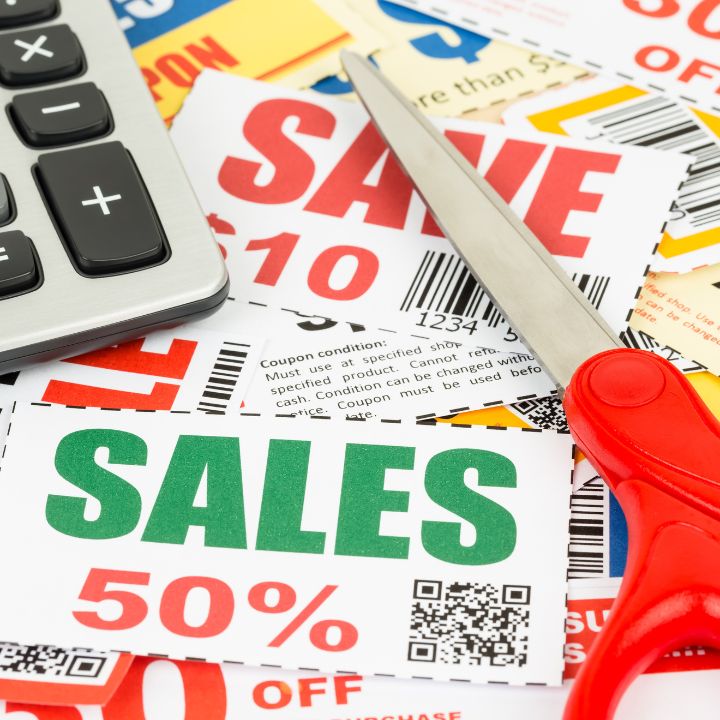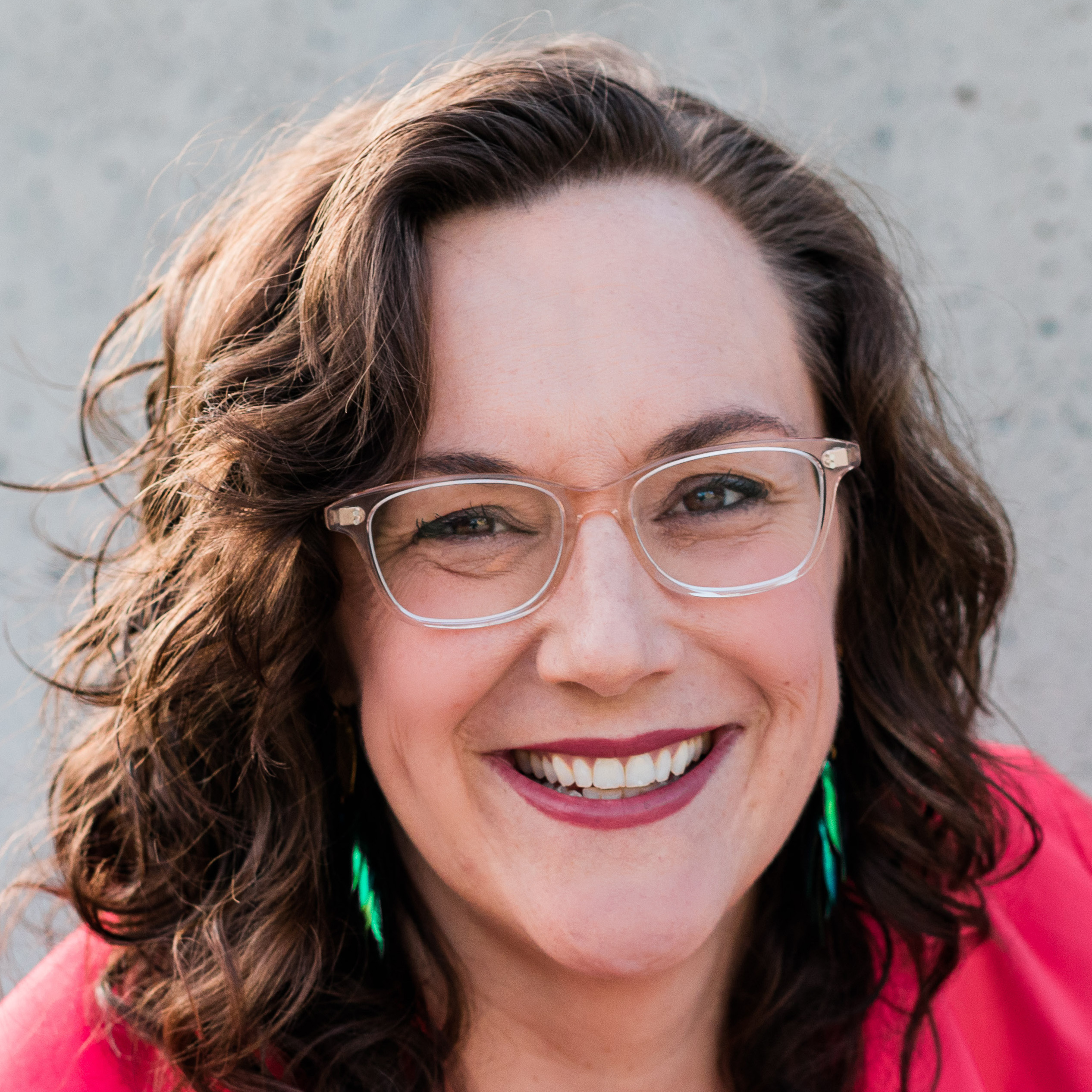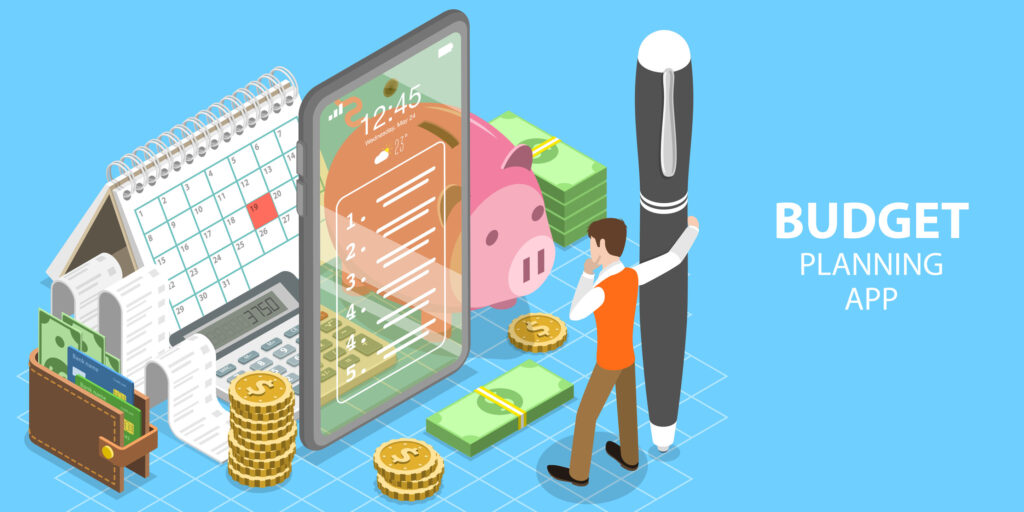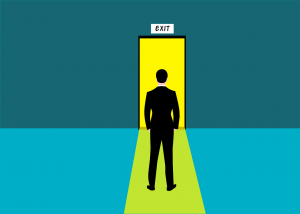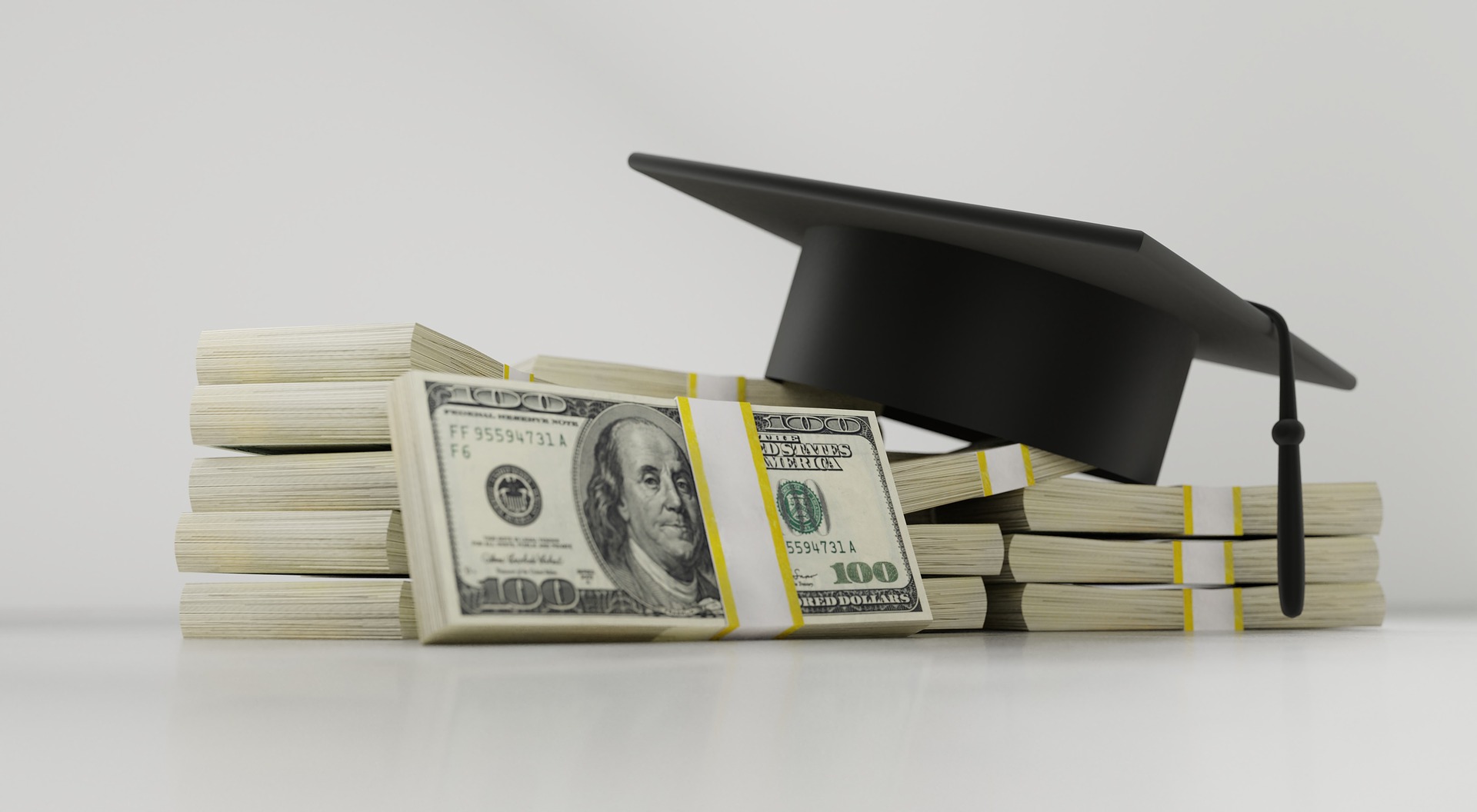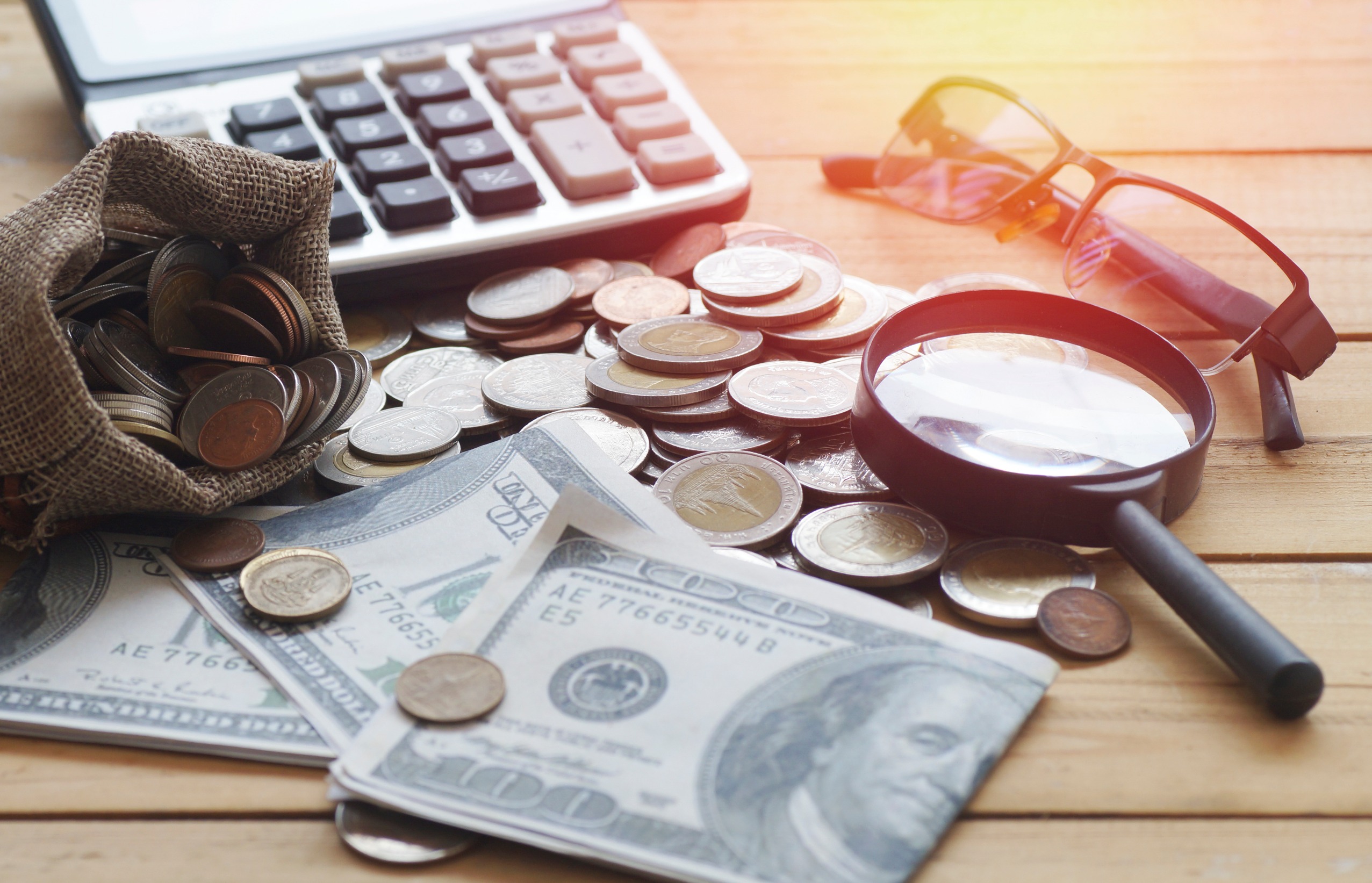
123rf
In an era marked by economic fluctuations and skyrocketing living costs, smart budgeting has never been more essential. Whether you’re grappling with debt, saving for the future, or just aiming to stretch your paycheck further, mastering the art of budgeting can significantly enhance your financial freedom. This article delves into 15 innovative and practical budgeting tips that can revolutionize your approach to managing money, ensuring each dollar works harder for you.
1. Embrace the Budgeting App Revolution
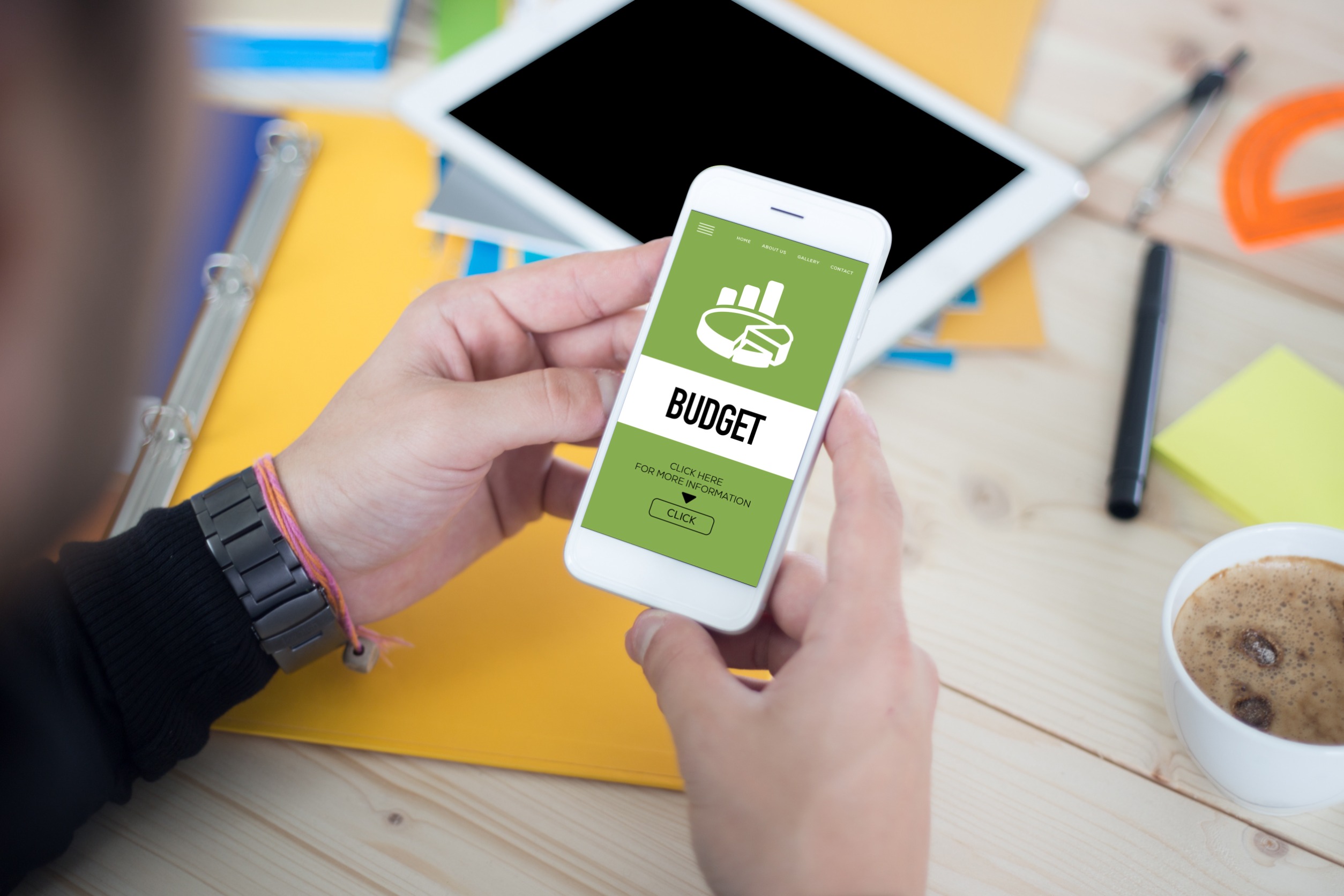
123rf
Gone are the days of clunky spreadsheets and piles of receipts. Today, budgeting apps make tracking expenditures almost effortless. These apps offer real-time insights into your spending habits, categorize your expenses, and even alert you when you’re nearing budget limits. The visual breakdowns and charts provide a clear overview of your financial health, allowing you to make informed decisions quickly. Engaging with these tools regularly can transform the mundane task of budgeting into a quick, rewarding check-in on your financial well-being.
2. Set Goals That Excite You

123rf
Setting financial goals shouldn’t be a dreary task; make it exciting by aligning your objectives with your dreams. Whether it’s a vacation in Bali, a new laptop, or starting your own business, having concrete goals can dramatically increase your motivation to stick to your budget. Break these dreams down into actionable steps and set up separate savings accounts for each goal. Watching your money grow as you edge closer to your dreams adds an element of thrill and satisfaction to the process of saving.
3. The 50/30/20 Rule: Budgeting Made Simple

123rf
This classic budgeting guideline can simplify your financial strategy: allocate 50% of your income to necessities, 30% to wants, and 20% to savings and debt repayment. This method ensures that you cover essential costs while maintaining a healthy balance between enjoyment and financial responsibility. Adjust these categories based on your personal circumstances for a tailored budgeting approach that keeps you on track without sacrificing fun and leisure.
4. Audit Your Subscriptions

123rf
In the digital age, it’s easy to accumulate subscriptions for streaming services, apps, and gyms. Take time to review your monthly subscriptions and assess which ones you truly use. Canceling one or two could free up significant amounts of money. This exercise can be surprisingly fun and rewarding, akin to finding forgotten cash in your winter jacket.
5. Smart Grocery Shopping

123rf
Transform grocery shopping from a budget drainer to a money-saving venture. Planning meals in advance, buying in bulk, choosing store brands, and shopping with cash can help you save a significant amount each month. Apps like Flipp can show you all the local deals and coupons, turning grocery shopping into a scavenger hunt for savings.
6. DIY and Crafting Over Buying

123rf
Before buying new, see if you can fix or make something similar yourself. YouTube and Pinterest are treasure troves of DIY tutorials that can inspire you to create anything from home decor to clothing. This approach not only saves money but also adds a personal touch to your belongings and can be a delightful and fulfilling hobby.
7. Utilize Cash-Back Opportunities
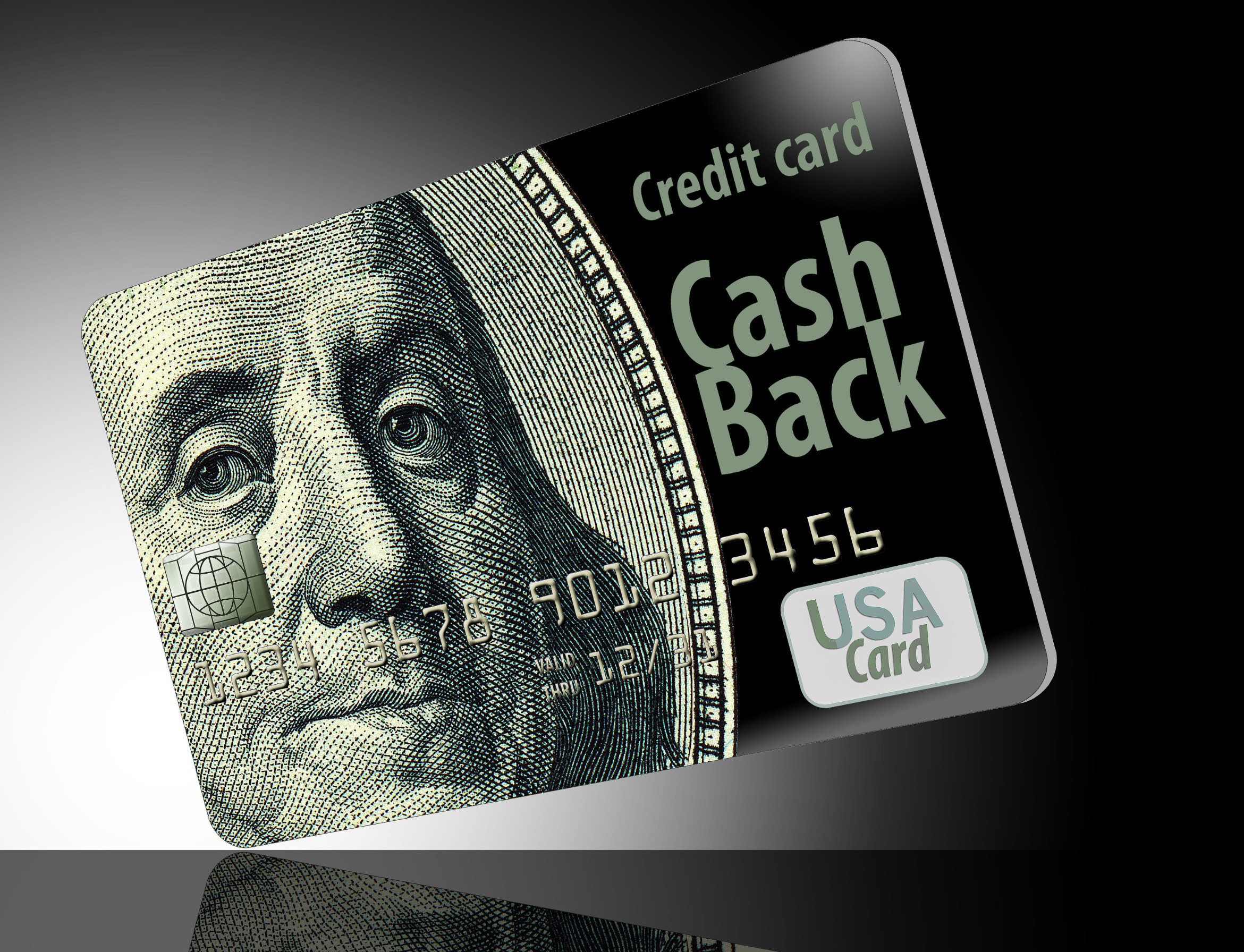
123rf
Make your necessary purchases more rewarding by using cash-back apps and credit cards that offer rewards on spending. Websites like Rakuten offer cash back on purchases from various online stores. This effectively saves you money on items you would buy anyway. Treat it like a game, aiming to “score” the highest cash-back amount each month.
8. Implement a Weekly Money Date
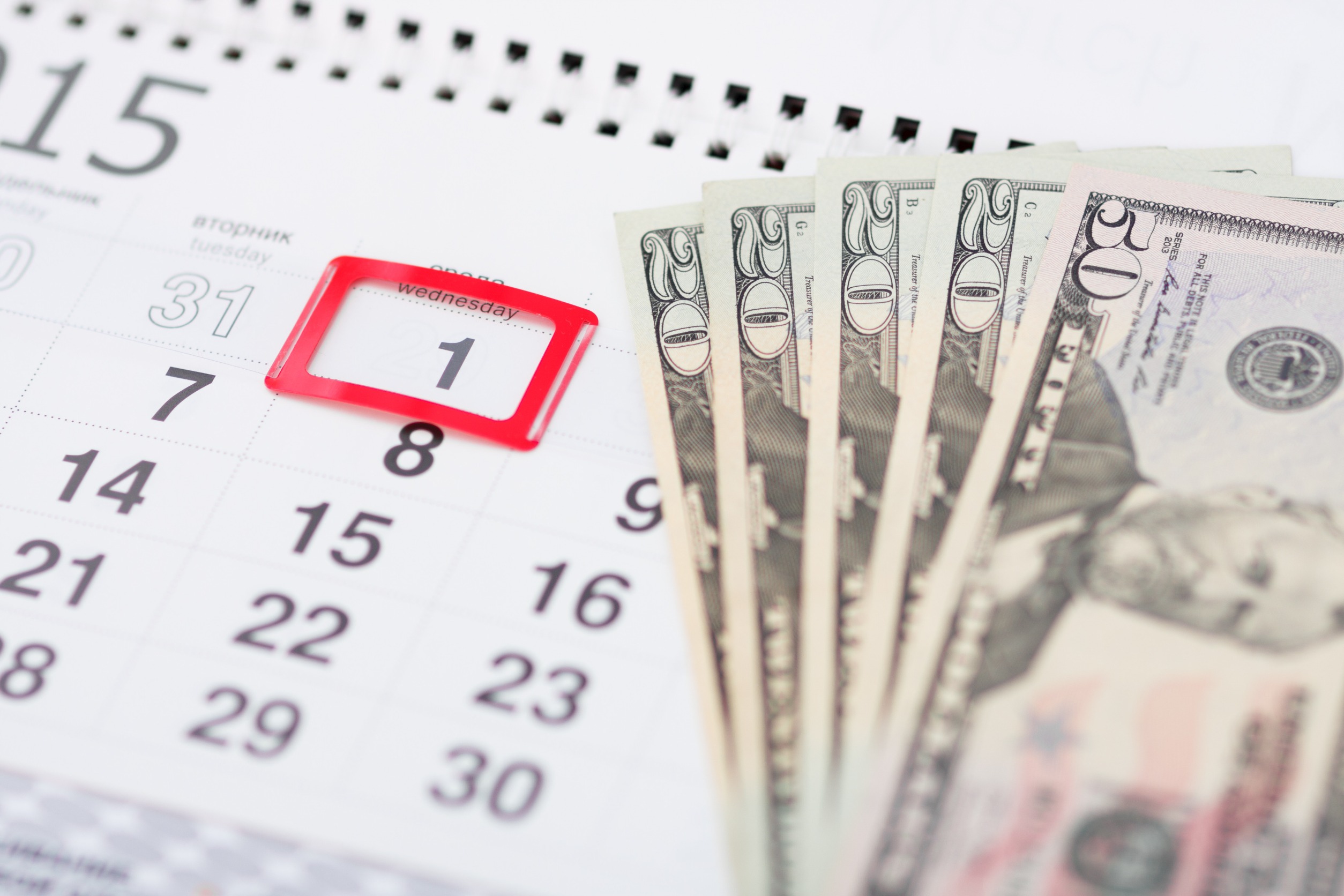
123rf
Commit to spending time each week reviewing your finances. This “money date” can be a fun way to check in on your budget, track your saving goals, and adjust as necessary. Make it enjoyable by treating yourself to a small reward like a favorite coffee or dessert during these sessions.
9. The Envelope System Goes Digital
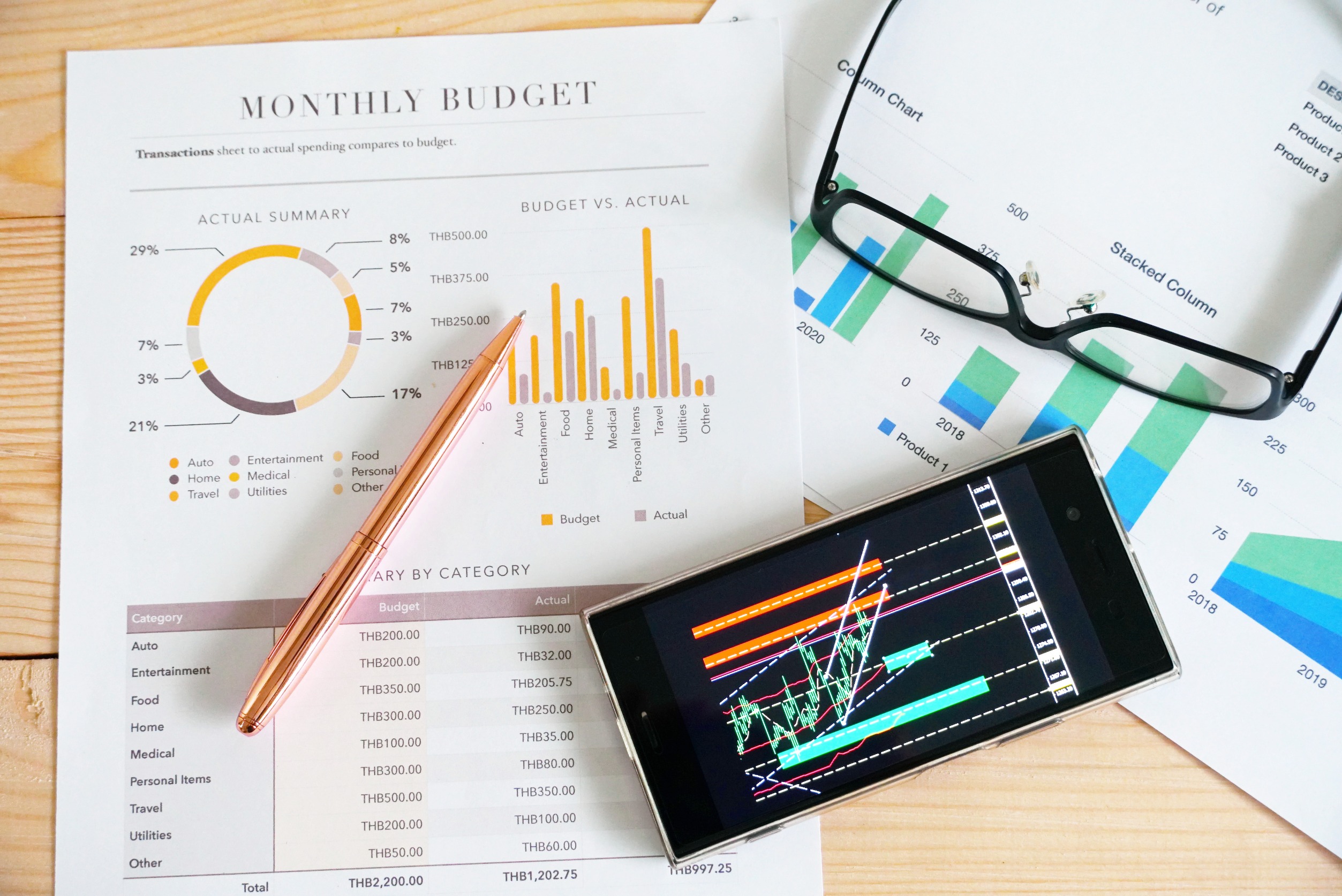
123rf
The envelope budgeting system, where you divide cash into envelopes for different spending categories, has gone digital. Apps like Goodbudget replicate this system virtually, which can help control overspending. This method makes budget management tactile and visual. It also adds a layer of interactivity to your financial planning.
10. Seasonal Budget Adjustments

123rf
Adapt your budget to the changing seasons. For instance, you might spend more on heating in the winter and leisure in the summer. Recognizing these patterns can prevent budget blowouts. It can also make your year-round planning more effective and less stressful.
11. Negotiate Bills

123rf
Periodically contact service providers to negotiate better rates on your utilities, phone bills, or insurance premiums. This can be a game of persistence and negotiation, yielding real reductions in your monthly expenses. Celebrate each successful negotiation as a victory in your ongoing financial management saga.
12. Learn to Say No

123rf
Mastering the art of saying no-whether to yourself or to others can be a powerful budgeting tool. Avoiding unnecessary expenses by turning down invitations or impulse buys can significantly bolster your financial resilience. Make it a challenge to find free or cheaper alternatives to still enjoy life without overspending.
13. Use Financial Challenges

123rf
Participate in financial challenges like “No Spend November” or “Save $5 a Day”. These challenges can make saving money more engaging. It can also dramatically improve your financial habits over time. Plus, they bring a sense of community and competition, which can be motivating.
14. Regular Portfolio Reviews
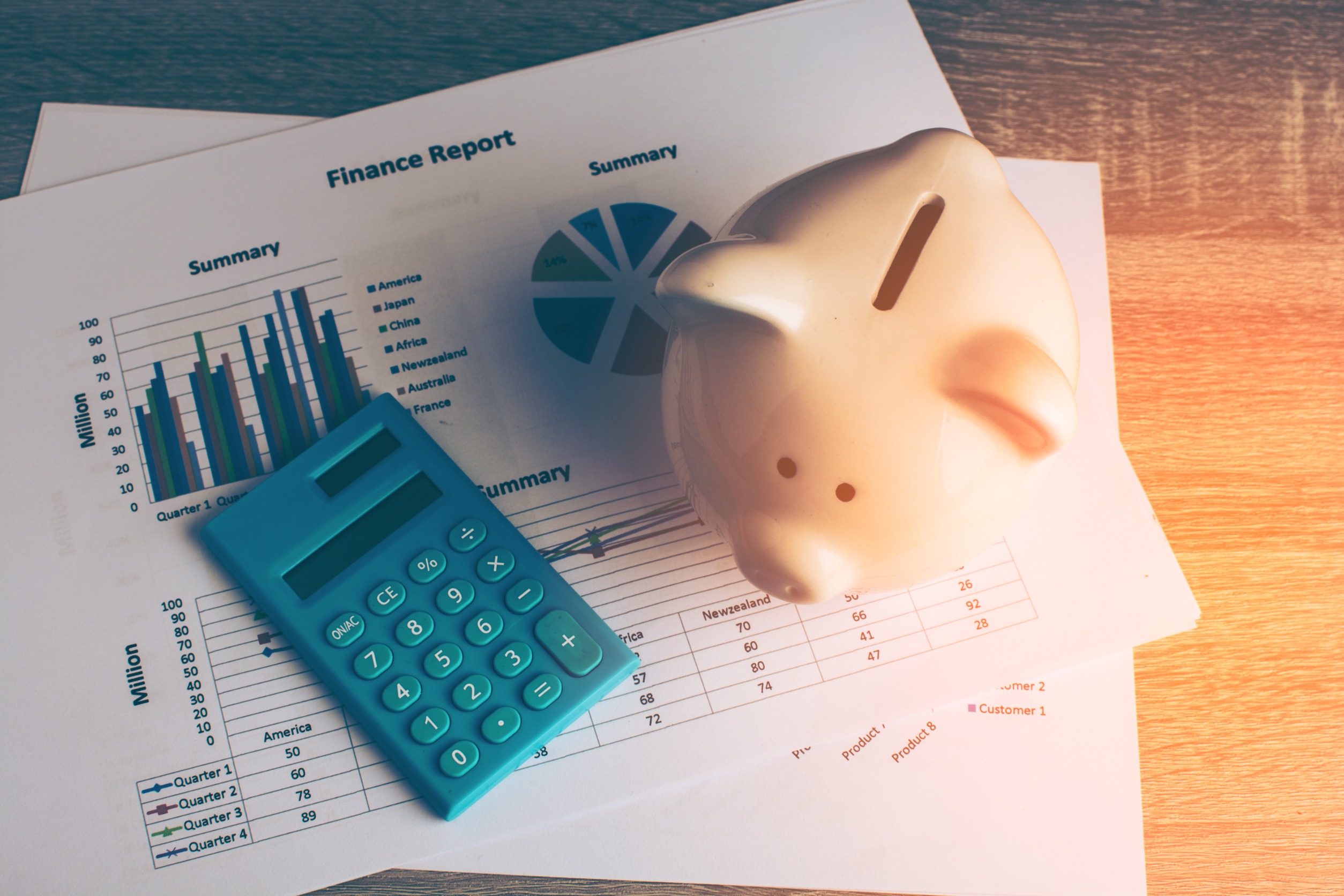
123rf
If you’re investing, regular reviews of your portfolio are crucial. Adjusting your investments in response to market changes or your personal financial goals can optimize your returns. This process can be as engaging as strategy games, where the right moves can lead to rewarding outcomes.
15. Celebrate Financial Milestones

123rf
Set milestones in your financial journey and celebrate when you reach them. Whether it’s paying off a credit card, hitting a savings target, or investing in stocks, marking these achievements can provide a psychological boost and motivate you to keep going. Turn these milestones into celebrations that honor your commitment to financial health.
Pave the Way for a Prosperous Future

123rf
Mastering the art of budgeting is not just about controlling expenses but also about enhancing your overall financial well-being. By embracing technology with budgeting apps, setting exciting goals, and engaging in fun financial challenges, you can make the process of budgeting both enjoyable and rewarding. Regularly adjusting your budget to fit seasonal changes, negotiating bills, and celebrating financial milestones further empower you to maintain control over your finances. These tips are designed not only to prevent overspending but also to foster a deeper understanding of personal finance management.
Read More
From Red to Black: A Budgeting Workshop for Financial Freedom
10 Signs You Should Start Budgeting More Seriously











